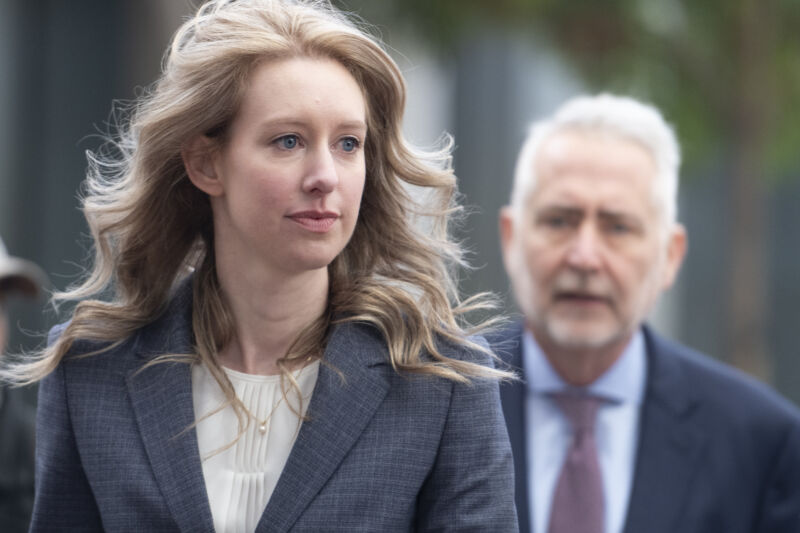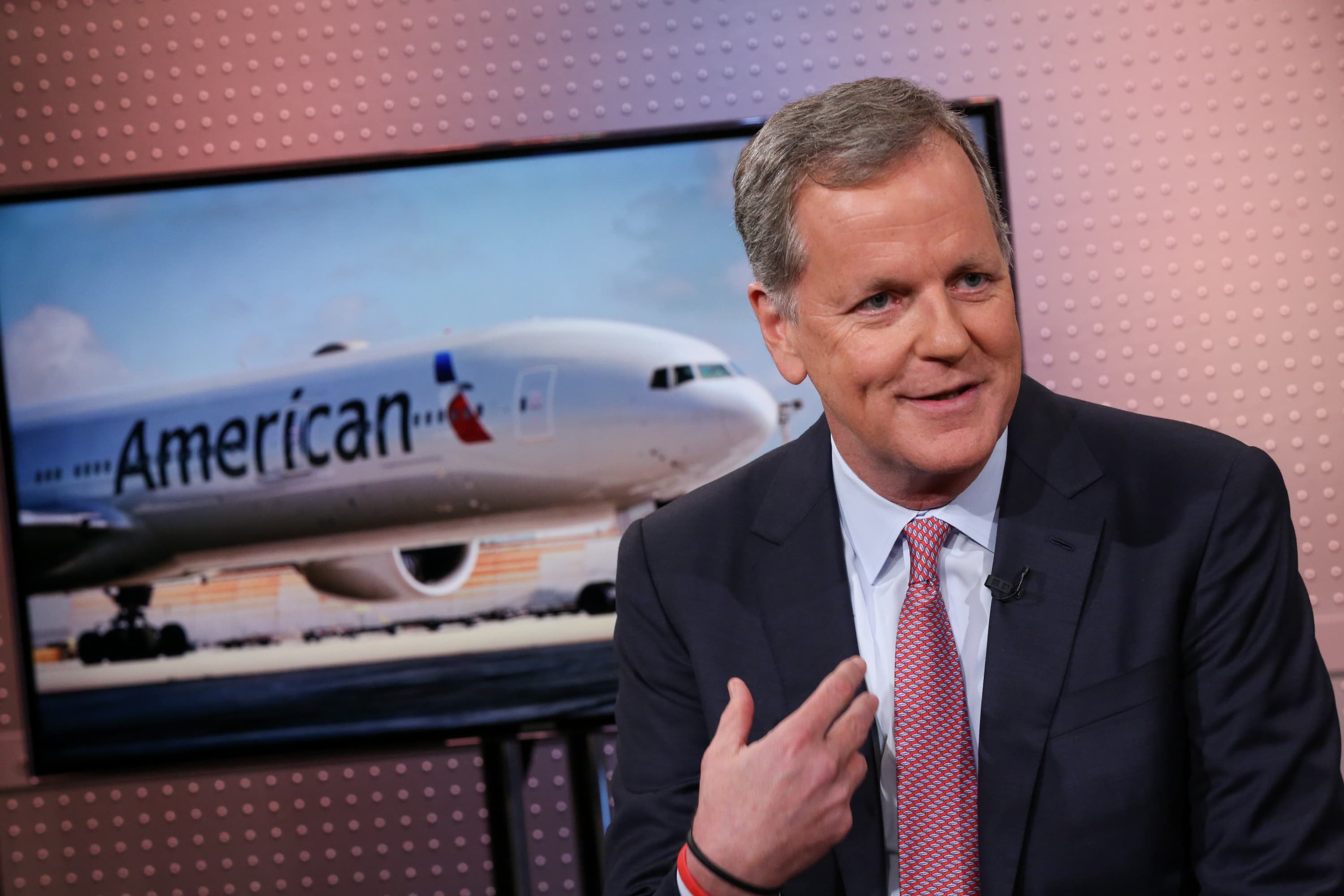
Nearly a decade ago, Theranos touted a revolutionary diagnostic device that could run myriad medical tests without having to draw blood through a needle. Today, the startup’s founder, Elizabeth Holmes, goes to court, where she’s facing 12 criminal counts for statements she made to investors and consumers about her company’s technology.
Holmes founded Theranos in 2003 after dropping out of Stanford University at the age of 19. Driven by her phobia of needles, Holmes wanted to create diagnostic tests that use blood from finger pricks rather than from needles. The idea caught on, attracting well-connected board members like Henry Kissinger and James Mattis, drawing over $400 million in investments from wealthy investors including Larry Ellison and Rupert Murdoch, and securing lucrative partnerships with Walgreens and Safeway. At its peak, Theranos was worth over $9 billion.
But Theranos’ myth started unwinding in 2015 when a Wall Street Journal investigation revealed that the company had been performing most of its tests on traditional blood diagnostic machines rather than its own “Einstein” device. The company’s own employees doubted the machine’s accuracy.
Problematic claims
For many tests, blood from finger pricks is difficult to analyze. Small amounts of blood typically contain more variability than larger draws from veins, and a poorly executed stick might grab interstitial fluid along with the blood. Plus, finger-prick blood comes in contact with the skin, raising the chances of contamination that can confound the results. Yet Holmes and Ramesh “Sunny” Balwani, Theranos’ president and chief operating officer, painted a rosy picture for investors, partners, and customers.
“Theranos claimed that its laboratory infrastructure yielded test results in less time than conventional labs—requiring hours instead of days. Theranos claimed that its proprietary technology and methods would minimize the risk of human error and generate results with the highest accuracy,” the indictment says. Despite this, prosecutors have said, “Holmes and Balwani knew that the analyzer had accuracy and reliability problems, performed a limited number of tests, was slower than some competing devices, and, in some respects, could not compete with existing, more conventional machines.”
Holmes and Balwani were indicted in June 2018, and soon Theranos was facing mounting civil and criminal investigations. The company settled a Securities and Exchange Commission probe and shut down shortly thereafter.The end of Theranos didn’t halt the scrutiny of Holmes' and Balwani’s behavior, though. Three rounds of indictments have brought the total to 10 counts of wire fraud and two counts of conspiracy to commit wire fraud. The latest indictment, which supersedes the previous two, was filed in June 2020.
Both Holmes and Balwani have pleaded not guilty, and Balwani’s trial will begin next year.
The indictments aren’t limited to claims about the company’s proprietary diagnostic machine but also include what Holmes and Balwani allegedly said to investors about revenue and business deals. The prosecution says the pair told investors that Theranos would bring in over $100 million in revenue in 2014, helping the company break even, and hit $1 billion in 2015, amounts that exceeded the executives' actual expectations. Prosecutors also say that the pair falsely told investors that the company landed contracts with the Pentagon.
Delayed trial
The road to trial has been filled with delays, first due to the COVID-19 pandemic and then again when Holmes became pregnant. Her child was born in July, around the time the trial was supposed to begin. If convicted, Holmes faces up to 20 years in prison.
Today’s proceedings kick off jury selection, in which prosecutors and defense attorneys will begin questioning over 100 potential jurors. The pool was already slashed last week, as Holmes’ attorney Kevin Downey told US District Judge Edward Davila of the Northern District of California that more than 30 jurors had “consumed substantial—and I mean lengthy, extrajudicial—material about the case and about the defendant." In a pre-trial hearing, Downey also said that selected jurors must be vaccinated, while the prosecution wouldn’t commit to a stance on the issue.Opening statements are scheduled to begin on September 8, and the trial may run through mid-December. Holmes is expected to claim that Balwani, who was her boyfriend for much of Theranos’ existence, was an abusive and controlling partner. A court filing released on Saturday revealed that Holmes is expected to take the stand during the trial and allege that he monitored her calls, texts, and emails and was physically violent, claims that Balwani denies. Her attorneys say these actions affected her “state of mind” when the alleged fraud took place.
Article From & Read More ( Theranos founder Elizabeth Holmes on trial as jury selection begins - Ars Technica )https://ift.tt/3gQynb4
Business

No comments:
Post a Comment